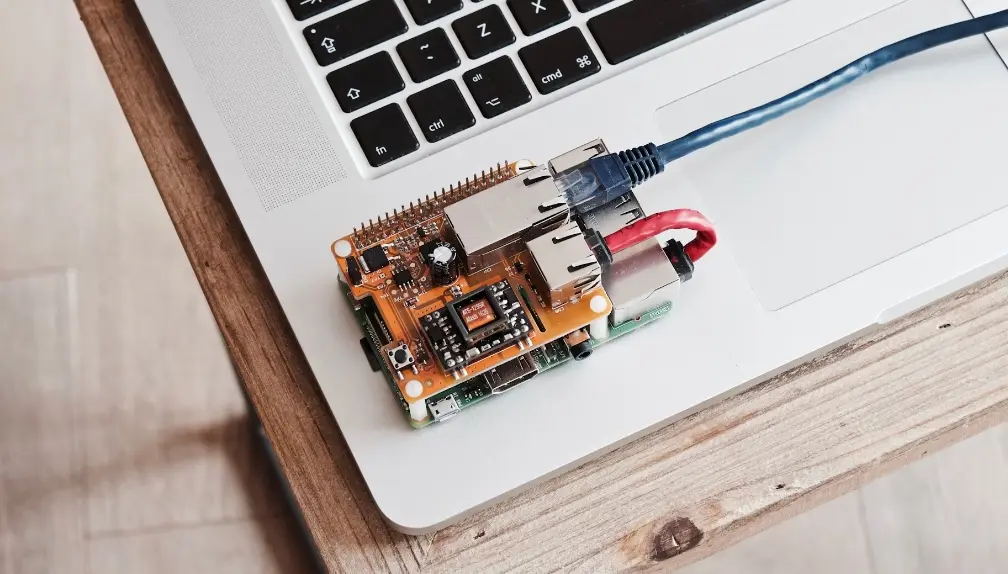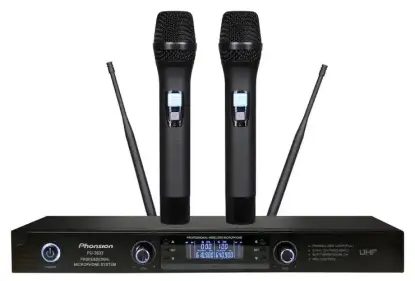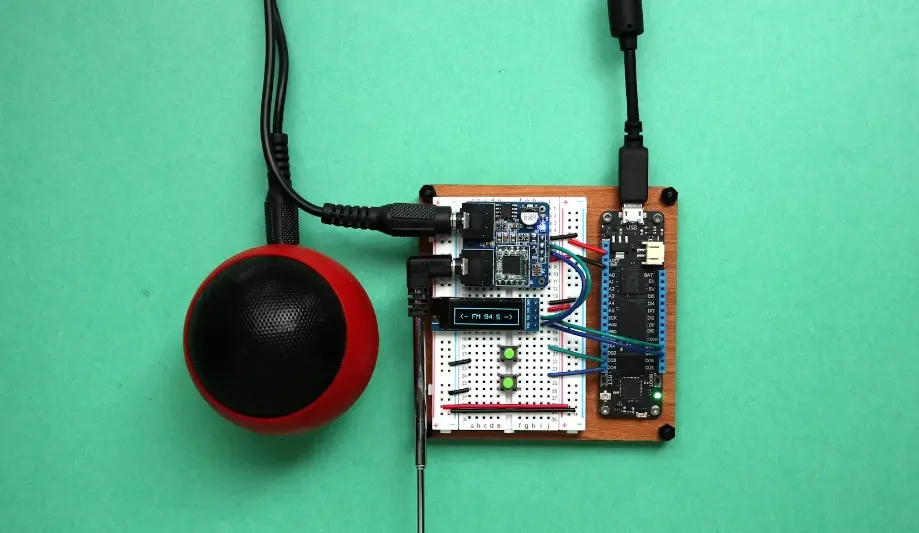
Introduction to TELEC Compliance for Exporting to Japan
Whether selling on Amazon Japan or within the local Japanese market, TELEC certification is a critical step for companies wishing to enhance their product competitiveness and ensure compliant operations when offering wireless devices in Japan.
Many manufacturers and exporters are unfamiliar with Japanese standards, which often results in product returns for non-compliance. E-commerce sellers might also face delisting of their products from platforms. Today, let’s dive into the telec certification process for Japanese consumer wireless electronic products.
What is TELEC Certification?
TELEC Certification, also known as MIC Certification or GITEKI Certification (as referred to by Amazon), is a mandatory conformity assessment for radio equipment in Japan.
- TELEC (Telecom Engineering Center) is the primary registered certification body for Japan’s radio equipment compliance.
- MIC (Ministry of Internal Affairs and Communications) is the Japanese government agency responsible for regulating radio frequency devices and drafting relevant standards.
- While MIC sets the regulations, TELEC is one of the designated certification organizations. Hence, the certification is referred to as either TELEC or Mic certification.
- TELEC certification is mandatory for specified radio equipment, and certification is granted by MIC-approved certification bodies.
Why TELEC Certification is Required
TELEC certification, similar to srrc certification in China, is a mandatory requirement for all products with wireless transmission capabilities. These include devices with Bluetooth, Wi-Fi, 3G, 4G, and other wireless functionalities. Common examples include:
- Bluetooth speakers and headsets
- Wireless chargers
- Routers
- Remote-controlled toys
The certification process adheres to Japan’s Radio Law and testing standards based on MIC Notice No.88.
Key Features of TELEC Certification
1. No Local Representative Needed
TELEC certification does not require a local representative or local testing in Japan.
2. Cost Variations
The cost of TELEC certification depends on the product’s communication frequency band and module. Costs vary by channel and frequency range.
Products Requiring TELEC Certification
The following products typically require TELEC certification:
- 3G/4G products
- Wi-Fi Devices:
- Wi-Fi 2.4 GHz
- Wi-Fi 5 GHz
- Bluetooth Devices:
- 2.4 GHz band
- 10 GHz band
- 315 GHz band
- 902-928 GHz band
- 2G/3G/4G Devices
Exemptions
- Products operating at 433 MHz or 868 MHz do not require GITEKI certification.
- 2.9 GHz and 5.8 GHz bands are not open for civilian use and therefore do not require GITEKI certification.
TELEC Certification Testing Items
1. Frequency Error Measurement
2. Coupled Bandwidth / Carrier Bandwidth Testing
3. Unwanted Emission Intensity Measurement
4. Antenna Power Error Measurement
5. Receiver Spurious Emission Measurement
6. EIRP Antenna Power Measurement
7. Transmission Radiation Angle Width (3dB Beamwidth) Measurement
8. Duty Cycle Measurement
9. Occupied Time Measurement
TELEC Certification Process
1. Application Submission: Complete the application form.
2. Document Submission: Provide related documents (product manual, circuit diagrams, etc.).
3. Sample Provision: Submit 2-3 product samples.
4. Sample Testing: Conduct product testing.
5. Approval Submission: Submit test results to an authorized Japanese agency.
6. Certification Issuance: Receive approval and certification.
Timeframe: Typically, 3-4 weeks.
Certification Logo Usage
Upon certification approval, the GITEKI mark must be affixed to the product as required by Japanese regulations.
Required Documents for TELEC Certification
1. System block diagram
2. System schematic
3. User manual
4. Operational description
5. BOM list
6. PCB layout diagram (including designators)
7. Wireless module documents (e.g., MIC certificate, block diagram, schematic, and layout)
8. ISO 9001 certificate (valid at the time of submission)
9. Label sample and placement diagram
10. Antenna specifications (including name, dimensions, and manufacturer details)
Importance of TELEC Certification for Exports
1. Market Access: TELEC certification is a legal requirement to enter the Japanese telecom market. Products without certification cannot be sold or used legally.
2. Product Quality Assurance: Certification demonstrates compliance with high standards of quality and performance, enhancing competitiveness.
3. Regulatory Compliance: Ensures that telecom devices meet Japanese regulations, avoiding legal liabilities or penalties.
4. Consumer Trust: Certified products are more likely to gain consumer trust as the certification guarantees safety and reliability.
About JJR Laboratory
JJR Laboratory in China is accredited by A2LA, CNAS, and CPSC and is an fcc id testing laboratory. It also holds testing qualifications for certifications in:
- European Union (CE/CENB)
- Japan (MIC)
JJR Laboratory is also authorized for WPC Qi 2.0 testing.
This document provides a detailed guide to TELEC certification for companies looking to expand their presence in the Japanese wireless product market. Compliance ensures seamless operations, enhanced market access, and consumer trust.
Email:hello@jjrlab.com
Write your message here and send it to us
 What is FCC Class A vs. Class B?
What is FCC Class A vs. Class B?
 UL Standards for Electrical Equipment
UL Standards for Electrical Equipment
 Is UL Certification Required in the USA?
Is UL Certification Required in the USA?
 Wireless Microphone Export Certification
Wireless Microphone Export Certification
 Audio-Visual Products SNI Certification in Indones
Audio-Visual Products SNI Certification in Indones
 FCC-ID: Still Needed if Module is Certified?
FCC-ID: Still Needed if Module is Certified?
 FCC Certification Fees for Handheld Fans
FCC Certification Fees for Handheld Fans
 FCC Certification Testing for Smart Lighting Produ
FCC Certification Testing for Smart Lighting Produ
Leave us a message
24-hour online customer service at any time to respond, so that you worry!




